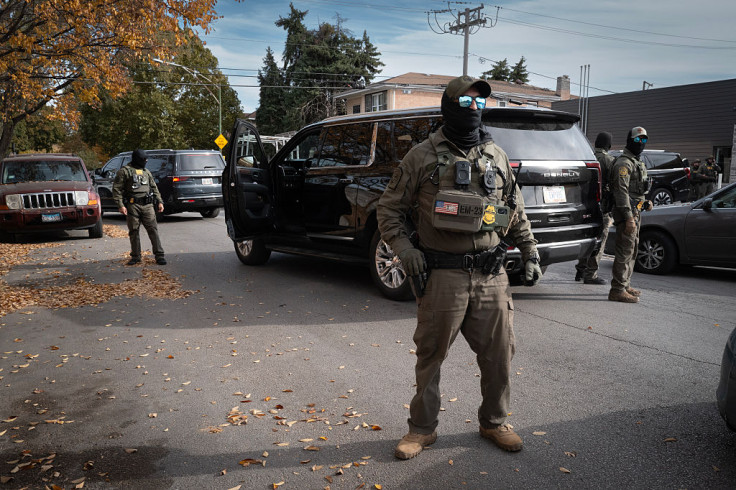
The U.S. government has added 50,000 employees since President Donald Trump took office, with most of the new hires concentrated at Immigration and Customs Enforcement, according to federal personnel chief Scott Kupor.
The expansion comes as the administration simultaneously moves to shrink the broader federal workforce by hundreds of thousands of positions.
Kupor told Reuters that ICE accounts for the "bulk" of new hires and described the shift as part of a broader restructuring effort. "It's about reshaping the workforce to focus on the priorities that we think are most important," he said. The administration expects to shed about 300,000 federal employees this year through layoffs and buyouts, including workers at the Internal Revenue Service and the Department of Health and Human Services.
The downsizing effort began in January after Trump tapped Elon Musk to lead a federal workforce reduction initiative. Musk had said the government had become "too big and too inefficient," and buyout programs have since led 154,000 federal employees to leave their jobs.
The departures have affected functions such as civil rights enforcement, tax collection, food safety, health programs, and space operations, according to former officials and union representatives.
The surge in ICE hiring coincides with an aggressive recruitment campaign launched by the Department of Homeland Security. In a statement issued last week, DHS said ICE had received "more than 200,000 applications" from Americans seeking to join the agency. "Americans are answering their country's call to serve," said Homeland Security Secretary Kristi Noem, adding that applicants are motivated to "remove murderers, pedophiles, rapists, terrorists, and gang members from our country."
To attract recruits, ICE has expanded incentives, including signing bonuses of up to $50,000, student loan repayment programs, enhanced retirement benefits, and additional overtime pay for enforcement personnel. DHS says it has already issued 18,000 tentative job offers.
The rapid expansion has also raised concerns from former ICE leaders about the agency's vetting and training pipeline. John Sandweg, who served as acting ICE director under the Obama administration, warned that the speed of recruitment could result in poorly prepared officers.
"When you combine this messaging with what appears to be really rushed and incredibly limited vetting and background checks," Sandweg told The Dispatch, "the bigger concern here is you're getting people who have an agenda, who are just anti-migration."
DHS has also lowered the minimum age to apply to 18, eliminated age caps, and reduced the training period from four months to two, removing Spanish-language instruction. Sandweg argued that granting expanded authority to inadequately trained recruits "is just going to lead to potentially catastrophic results."
© 2025 Latin Times. All rights reserved. Do not reproduce without permission.






